Recreational drugs recognized as possible alternatives to psychiatric drugs
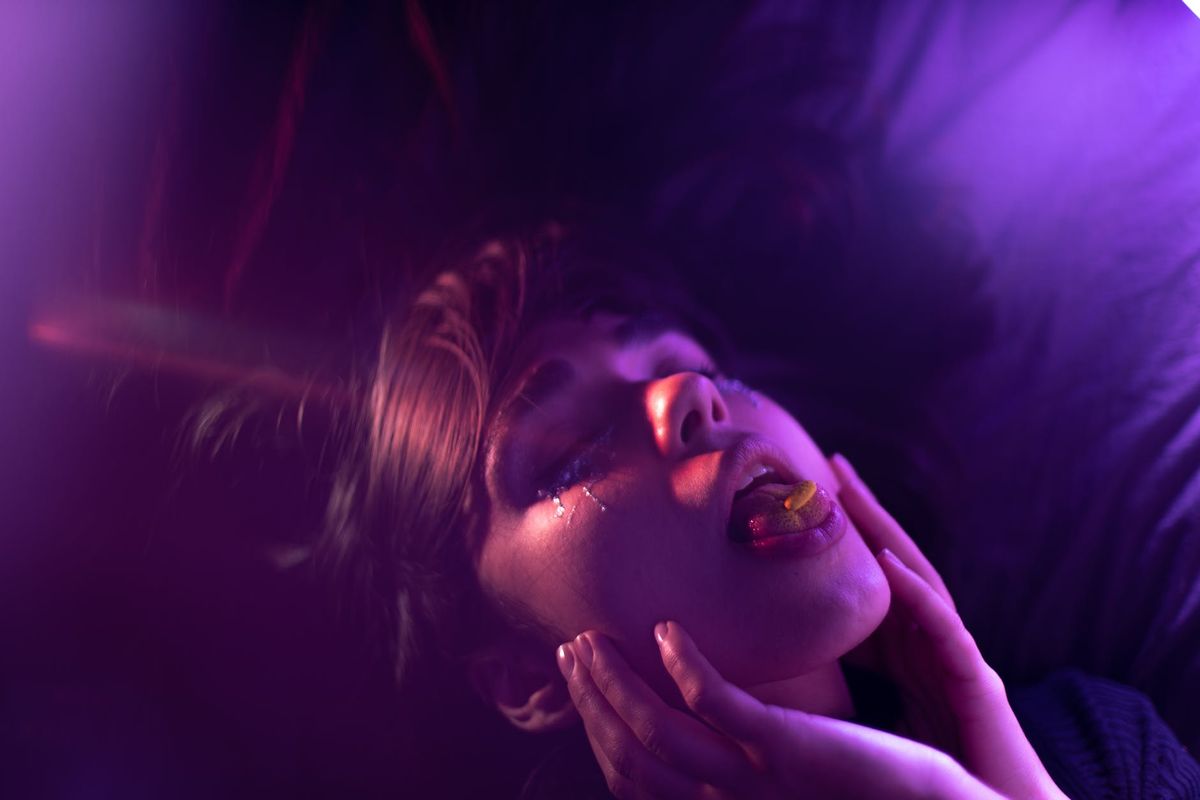
A few minutes every morning is all you need.
Stay up to date on the world's Headlines and Human Stories. It's fun, it's factual, it's fluff-free.
For decades now, researchers and scientists in the United States have been experimenting with alternatives to psychiatric drugs, including unconventional substances like MDMA (also referred to as “ecstasy”) and psychedelics. Some of these drugs are being recognized as alternatives to psychiatric drugs in the treatment of certain mental illnesses.
Since the beginning of the war on drugs in the early 1970s, scientists have been in search of evidence to prove their theories on the overall benefits of these unorthodox drugs, suggesting that they may offer relief to people suffering from things like post-traumatic stress disorder, schizophrenia, anxiety and/or severe-depression.
Mental health awareness is increasing and has been such a frequently-discussed topic throughout the pandemic. Lately, we’re seeing the integration and practice of things like psychedelic psychotherapy and new approaches to MDMA to aid in the global mental health epidemic.
The science behind “party” drugs like mushrooms, ecstasy and acid
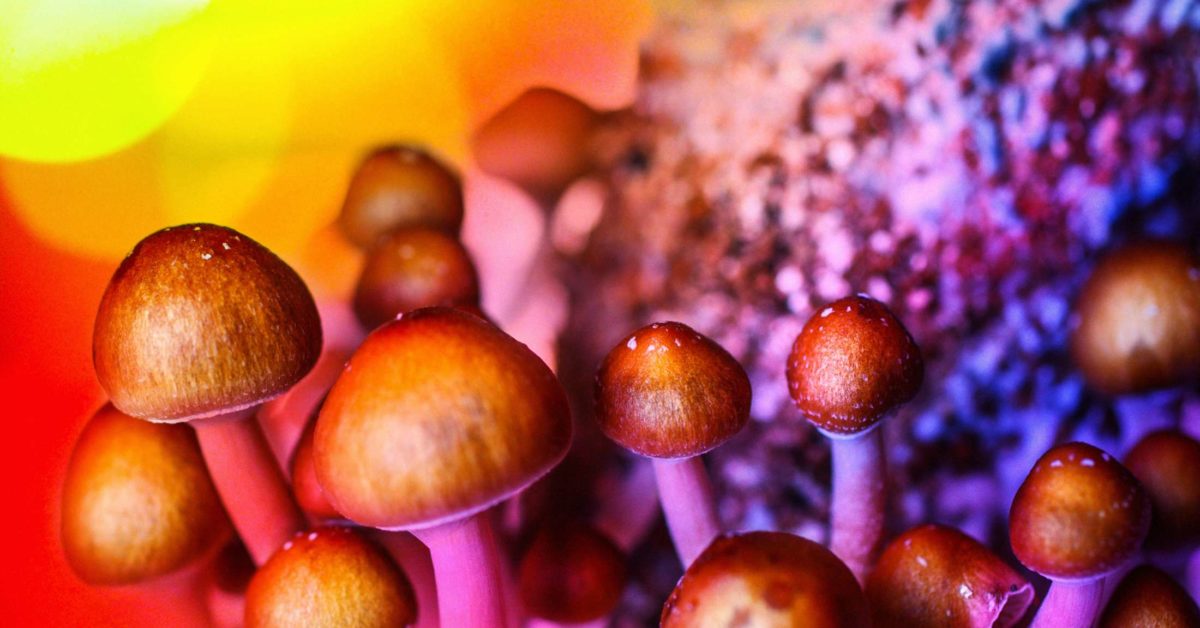
Due to lack of access and harsh legal restrictions in place because of the stereotypes of counterculture drugs, researchers have struggled to study and prove theories on the medicinal benefits of these substances. Without the necessary funds, we see inconsistent practices surrounding such unorthodox treatments, making it hard for any sort of medicinal advancements in the field.
According to Reuters, British scientists examined the psychedelic active compound in “magic” mushrooms (psilocybin) and found that it can reduce the severity of depression as much as a prescribed antidepressant. A study involving 59 patients compared the effects between psilocybin and the antidepressant escitalopram on severe depression.
According to their study, 57% of the patients given psilocybin showed remission of symptoms, whereas only 28% showed the same in the escitalopram group. Scientists in Switzerland have also tested the psychoactive components in lysergic acid diethylamide (LSD) to see how it may be used to treat addiction and various psychiatric disorders.
Because of these developments, we see some states recognizing the potential these substances may have for medicinal (and other) uses. Legalization and decriminalization of drugs like “magic” mushrooms has finally received approval in states like Denver and Oregon. What’s followed has been an emerging community that stands behind the therapeutic promises claimed regarding the benefits of these alternatives to psychiatric drugs.
Will recreational drugs be accepted as alternatives to psychiatric drugs?
Prioritizing the management of mental health, rather than the healing of it, has been a debatable topic among researchers wanting to evolve the way society views psychedelic drugs. So, not every state is on board with the concept of psilocybin service centers. Come 2023, Oregon will be tackling the distribution centers for psilocybin head-on as mandated under Oregon’s Ballot Measure 109 in the state’s popular vote.
With the benefits of psychedelics getting more attention across the US, we’re also seeing parts of the US adopt intensive psychotherapy involving the pure form of the party drug referred to as “ecstasy,” methylenedioxymethamphetamine (MDMA). MDMA-assisted psychotherapy is being noticed globally, and funds to aid with combat trauma and/or post-traumatic stress disorder (PTSD) have been prevalent within recent studies of the drug.
One trial included a mixture of firefighters, service personnel and one police officer. The participants were randomly assigned to receive either 30mg, 75mg or 125mg doses of MDMA in addition to psychotherapy.
Although the treatment had some adverse side effects, including anxiety, insomnia and some transient increases in suicidal thoughts, the scientists found the trial to be safe overall (under close supervision). The researchers feel MDMA shows promise in alleviating PTSD symptoms (although a larger efficacy trial is needed to assess its full potential).
Although only a minority of researchers so far consider this practice to be worth pursuing, the increase in clinical potentiality has become more evident within tests and the number of trial participants willing to accept the risks and effectiveness of alternative treatment.
Even though scientists have found a way to essentially rework certain chemicals in the brain – like serotonin (a key hormone that’s linked to happiness) – using the properties of LSD, MDMA and psilocybin, the uncertainty that shadows the overall qualities of these drugs are always a key factor into considering them for everyday use.
As mental health care is among one of the most costly medical expenses in the US, the rise in new clinical approaches and increased funds for therapeutic research and alternatives to psychiatric drugs is increasing more and more.
If we were to erase the history and stigma attached to the era of ecstasy and psychedelics, would acceptance and medical establishment for these substances be easier to come by?
It seems as if the overall reputation of these substances more commonly known as “magic” mushrooms and “ecstasy” make the acceptance and clinical advancements of them harder to process. But with the mental health epidemic reaching its peak, the world may soon be more open to adopting these unorthodox treatments that have been shown to aid mental health in a number of respected studies.
Have a tip or story? Get in touch with our reporters at tips@themilsource.com

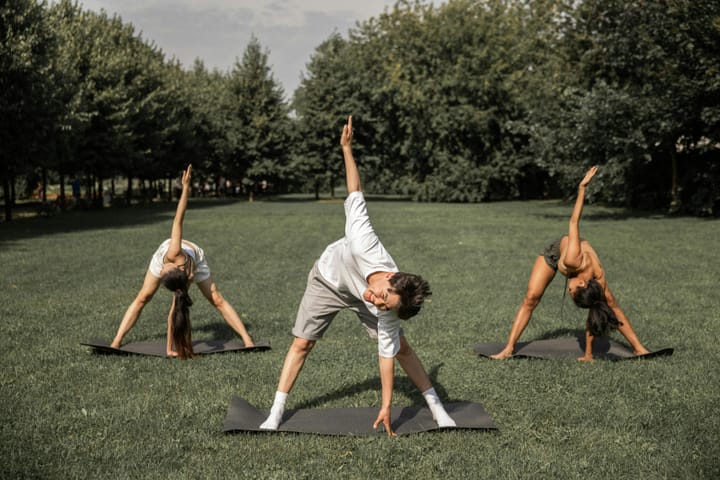
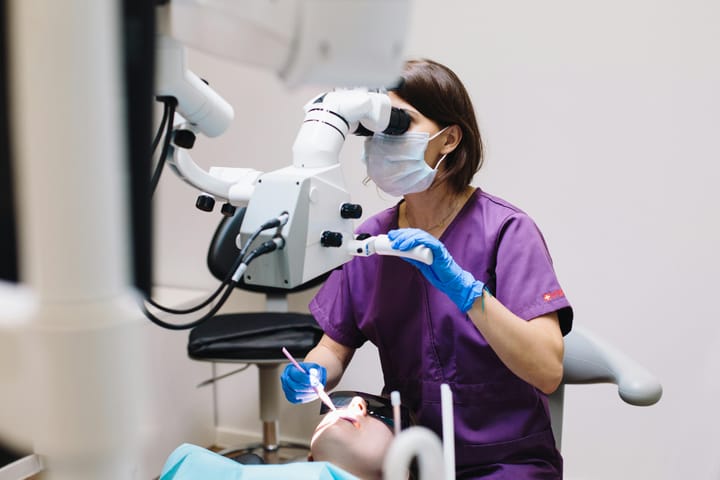
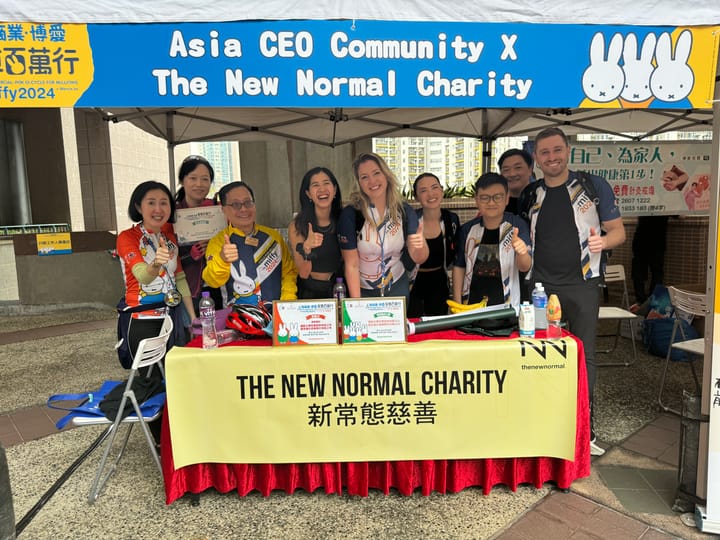
Comments ()